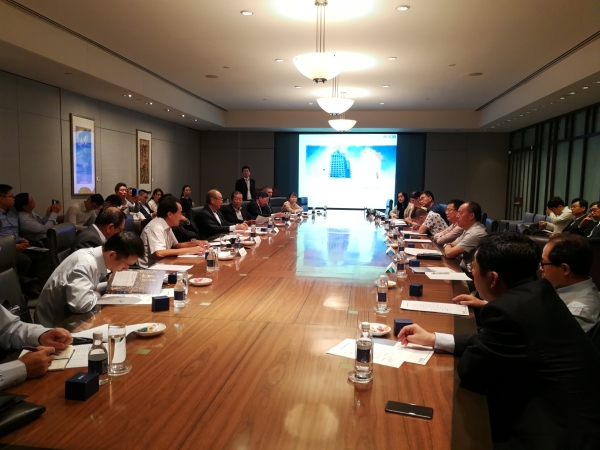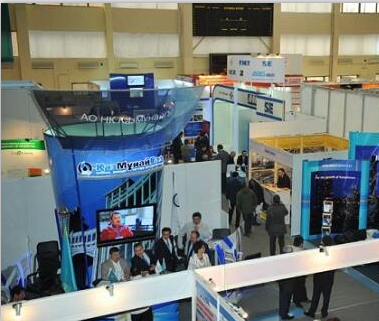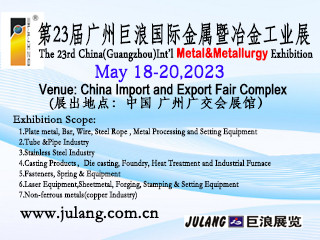China has eased the access for foreign capital into the country's housing market, a move experts said is aimed at stabilizing the residential property sector, opening up the country's capital account further and attracting more foreign investment.
The State Administration of Foreign Exchange, China's forex regulator, announced on Monday that it has shortened the negative list on the use of capital-account foreign exchange income and its renminbi equivalent after conversion, scrapping a restriction that prohibited the purchase of non-self-use residential property.
Previously, the list barred capital-account foreign exchange income and its renminbi proceeds — such as the capital and foreign debts of non-real estate enterprises — from being used for buying non-self-use residential housing.
The measure was introduced when China's property market was overheated, alongside a series of regulatory steps to cool the sector. In 2016, the administration said in a notice that such funds are not allowed to construct or purchase non-self-use real estate, except for real estate enterprises.
Li Bin, deputy head and spokesperson of SAFE, said: "In recent years, the domestic real estate market has undergone changes, and relevant macroeconomic adjustment measures have been optimized and adjusted. Based on this, it is necessary to optimize related foreign exchange management measures to adapt to the new situation and new requirements, and to help promote the sound development of the real estate market."
Yan Yuejin, deputy head of the Shanghai-based E-House China R&D Institute, said that the change "means restrictions on foreign capital investing in China's property market have been relaxed, providing greater convenience for overseas capital".
"For first-tier and new first-tier cities, the impact will be the greatest, driving demand for luxury housing projects, including large apartment units and commercial villas," Yan said.
The adjustment was included in a notice on deepening reform of foreign exchange management for cross-border investment and financing, released by SAFE on Monday.
The notice facilitated the payment of overseas individuals' purchases of onshore housing, expanding from a policy implemented as a pilot program in the Guangdong-Hong Kong-Macao Greater Bay Area to one now applicable nationwide.
It allows overseas individuals, once they meet local homebuying eligibility requirements, to settle and pay related foreign exchange funds at banks with purchase contracts before obtaining registration documents from housing authorities, and to submit the documents afterward.
Yan said that this measure — which meets the reasonable housing needs of overseas individuals working and living in China — will facilitate talent mobility and regional integration, and increase potential homebuyers, especially in high-end housing projects.
Another notable move initiated by the notice is the hiking of the foreign debt quota for innovation-driven enterprises.
The cross-border financing quota for high — and new-tech firms, "little giants", and tech-oriented small and medium-sized enterprises, has been increased to $10 million nationwide. Eligible companies selected under an innovation credit system can now access up to $20 million.
"Little giant" companies refer to specialized and sophisticated SMEs that produce novel and unique goods and services.
"Raising the foreign debt quota will enable high-tech, private SMEs to further overcome net asset limitations and secure more funding for research and development and business expansion," said Liu Chunsheng, an associate professor at Central University of Finance and Economics.
"This will help offset any negative impact from US investment restrictions, and, in a broader sense, accelerate the commercialization of scientific advancements and strengthen China's position in the global industrial chain," Liu said.
Monday's notice also streamlined procedures regarding foreign direct investment to attract more foreign capital.
The notice cancels the basic information registration for preliminary expenses under FDI, removes the registration requirement for reinvestment by FDI enterprises in the domestic market and now allows foreign exchange profits under FDI to be reinvested in China.
In addition, non-enterprise research institutions will be more actively facilitated in attracting and utilizing foreign investment, according to the notice.









